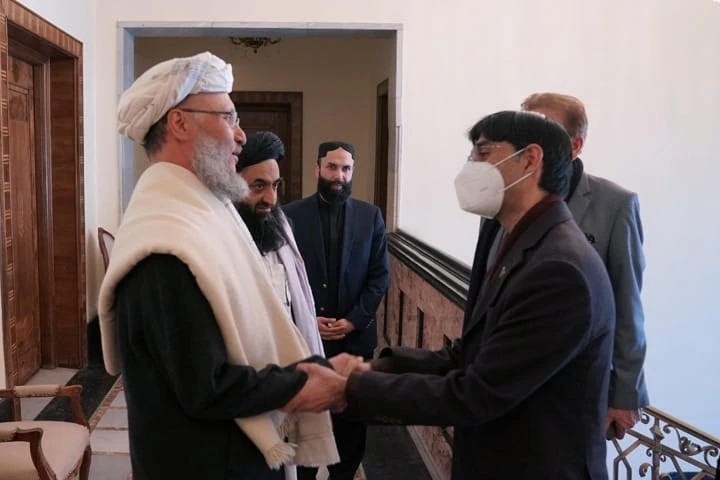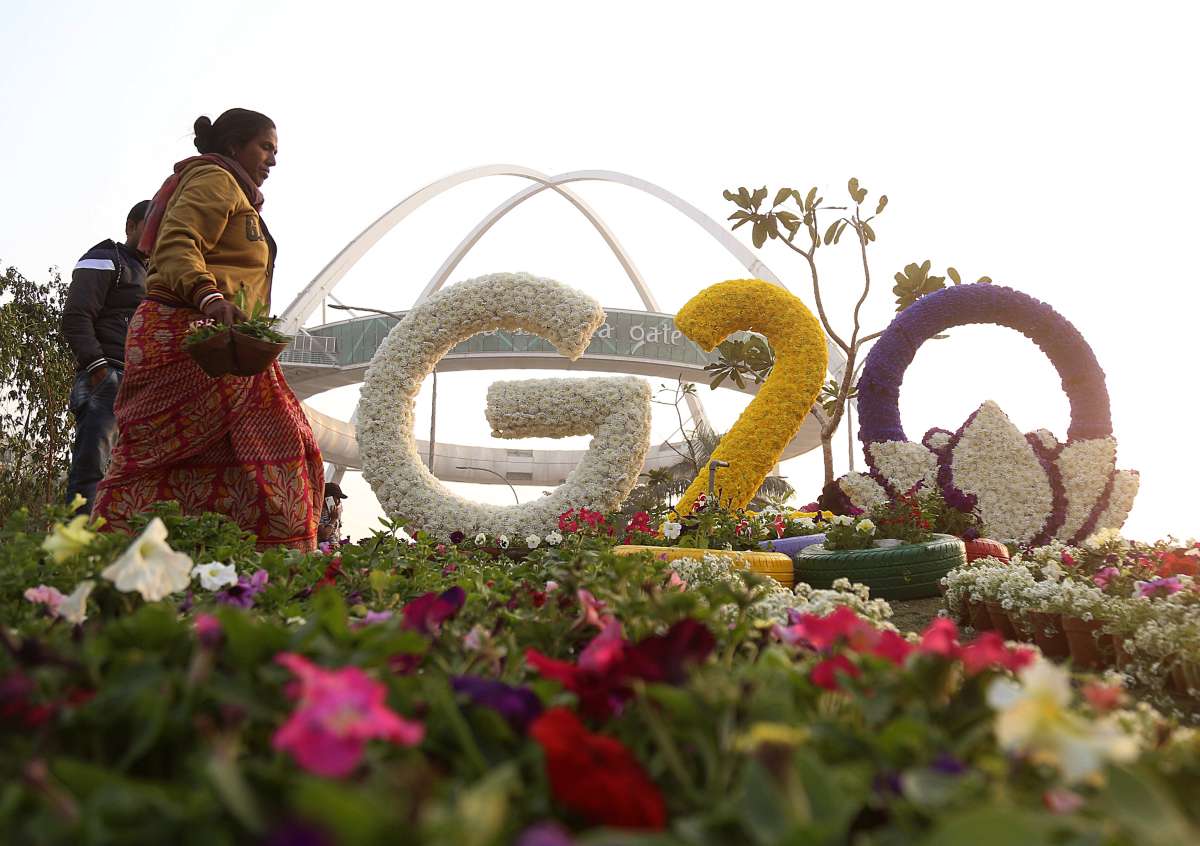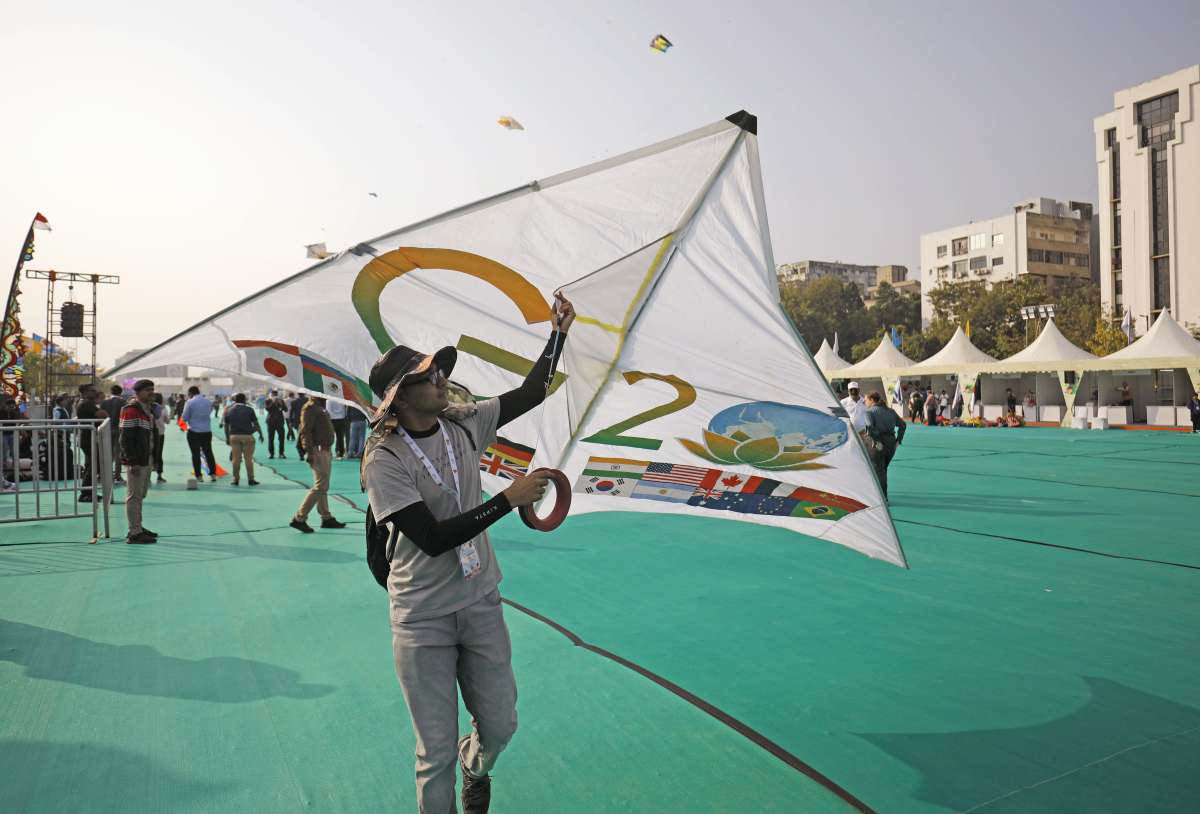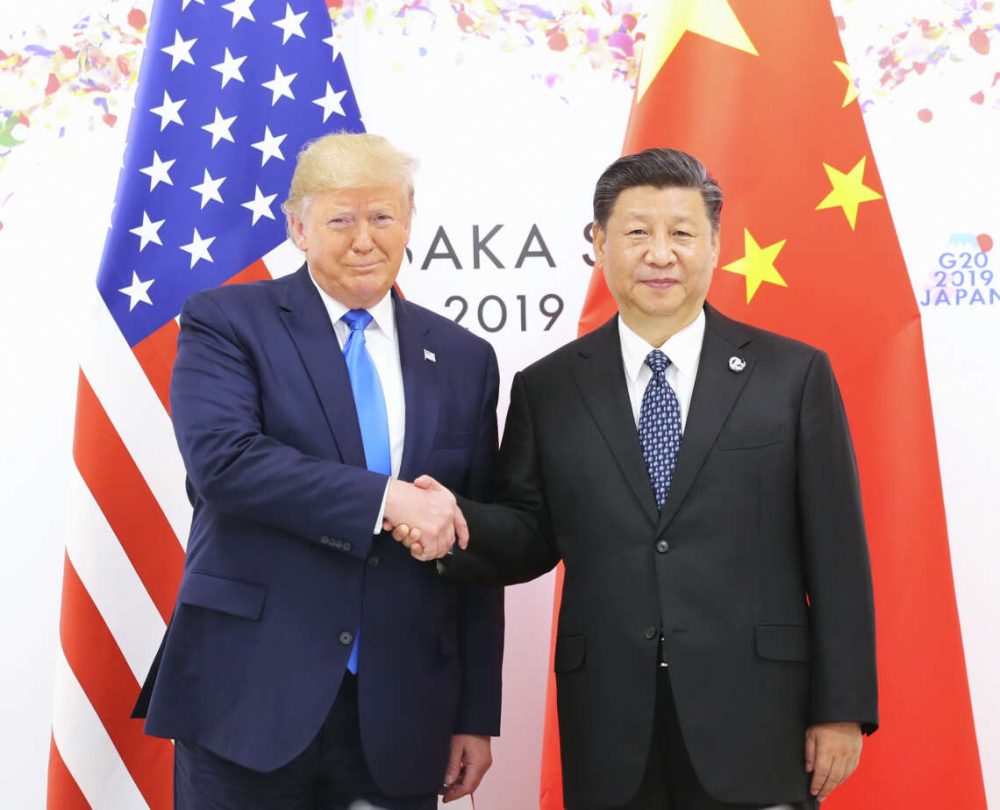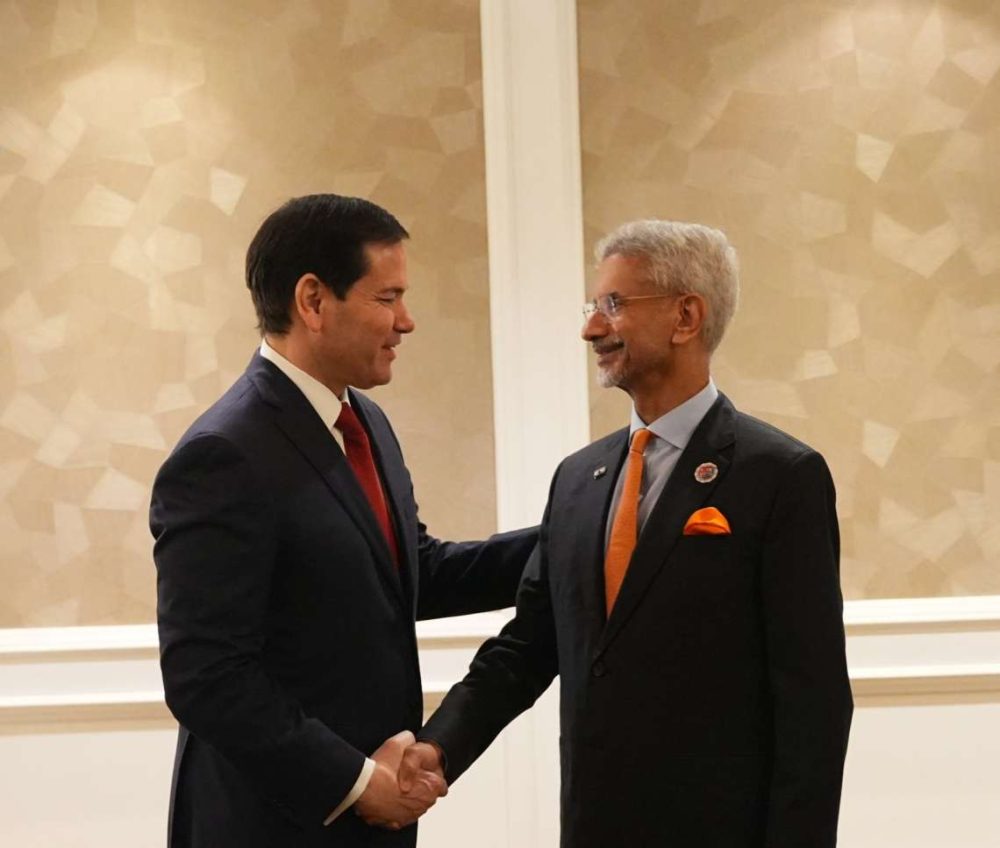It’s a double whammy for Pakistan which has a new ‘enemy’ on its western border and a new nightmare that is its own making. As many as 15 cross-border attacks took place in Pakistan in 2022. Never really normal since governments in Kabul, including those of the Taliban, never recognise the international border, bilateral ties are tense …. Writes Dr Sakariya Kareem
An Afghan media report, vehemently denied by Pakistan, alleges that the latter last week conducted air strikes on the Tehreek-e-Taliban Pakistan (TTP) hiding in Afghanistan’s Nangarhar province. A film clip from 2015 has resurfaced on social media and gone viral. It shows a captured Pakistan Army soldier shot and hung by a tree by the TTP. Both allude to the ground reality that has indeed worsened on the Pakistan-Afghanistan border and inside Pakistan.
In the last seven years that separate the two incidents, the US-backed government in Afghanistan collapsed and the US evacuated itself, leaving a geopolitical vacuum. Terrorism it fought for two decades is alive and kicking around. Afghan Taliban, the new rulers, whose return to power was facilitated by Pakistan in 2021 have turned against their long-time benefactors. The volatile Afghanistan-Pakistan region is again the global hub of terrorism.
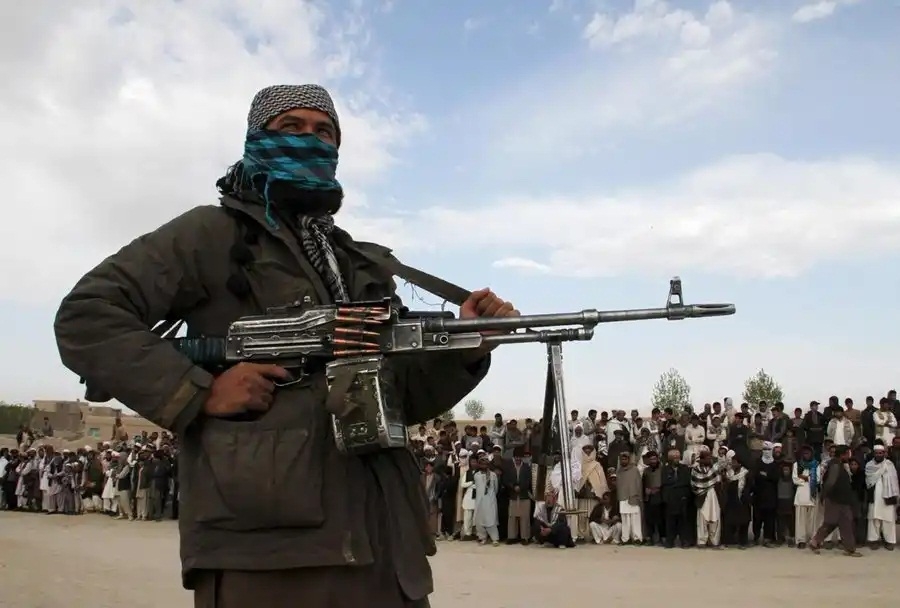
The US is willing to assist Pakistan in fighting terror. But Pakistani analysts, going by past records, emphasise that it ought to be Pakistan’s own fight for which it must take hard decisions, with clear intent. Reports from Pakistan indicate the possibility of a military operation, which has got Kabul to raise the diplomatic ante and mock and threaten Islamabad. Taking full advantage, the TTP is defying the Islamabad authority, with or without help from Kabul’s new rulers.
It’s a double whammy for Pakistan which has a new ‘enemy’ on its western border and a new nightmare that is its own making. As many as 15 cross-border attacks took place in Pakistan in 2022. Never really normal since governments in Kabul, including those of the Taliban, never recognise the international border, bilateral ties are tense.
While conditions in Taliban-ruled Afghanistan are anybody’s guess given its cloistered existence, a survey by the Pakistan Institute of Peace Studies (PIPS), released January 7, 2023, confirms details of what is known – that 419 Pakistanis were killed and 734 injured in 262 terror attacks during the past year launched by the TTP and other Islamist militant groups active on the Af-Pak border. It appears uncertain whether “the Taliban will fulfil their promises on foreign militant groups such as Al-Qaeda, Islamic State Movement of Uzbekistan, ETIM (East Turkestan Islamic Movement) or TIP (Turkistan Islamic Party), and TTP,” the report says.
Pakistanis are sore that facing threats to its own rule, Kabul has only acted against ISKP and not against the TTP and elements like Hafiz Gul Bahadur group, all religiously inspired. Analysts are asking why and how religion and militancy go together in the entire region of which Pakistan is the prime example.
As the Afghan rulers stay defiant, more and more Pakistanis, including the political opposition are ridiculing the end of the long-sought “strategic depth” from a ‘friendly’ Afghanistan. At long last, the charade of ‘good’ and ‘bad’ Taliban that Pakistan successfully sold to the world, especially the United States, has got unravelled. The world has suffered it all these years and fears more of the same, and worse.
For Raoof Hasan, a former special advisor to Prime Minister Imran Khan (The News, January 6, 2023) the new formulation of TTP/TTA, clubs the Afghan Taliban with their Pakistani ideological brothers. Operations to tame the TTP were “only partly successful because the bulk of their operatives escaped across the border where they have been working since in filial bondage with the Afghan Taliban.”
Pakistan’s military ‘establishment’, also called the “deep state”, fully exposed now, is finding it difficult to learn that radicalization as a state policy or a proxy weapon is a double-edged sword bound to operate both ways. Blaming the government for the manner of holding talks with the TTP, the PIPS report notes that the Afghan Taliban’s taking power in Kabul, and the Pakistani state’s persistent ambition to engage in peace talks with the TTP had “encouraged the group to regroup and escalate terrorist violence in the country.”
Rhetoric still dominates the discourse. As the government vowed to crack down on terrorism without discrimination, the reaction from the TTP has been a familiar one: a threat to attack two of the leading political parties of Pakistan for fighting ‘America’s war’.
Pervez Hoodbhoy, writing in Dawn (January 7, 2023), declares that the “TTP is undefeatable” as the rulers are in cahoots with them. “If Pakistan is to eventually defeat TTP and its backers in Kabul, our soldiers must know what they are fighting for and why. An ideologically confused army cannot hope to fight and win. Without a clearly spelt-out cause, there cannot be a strong motivation. Else Pakistan will lose and TTP will triumph.”
He underscores the need, clarity of intent and determination to act against the TTP with a comparison. “By official counts, there were 70,000 deaths from terrorism in 2002-2014, whereas Pakistanis killed in all four Pakistan-India wars add up to around 18,000.”


